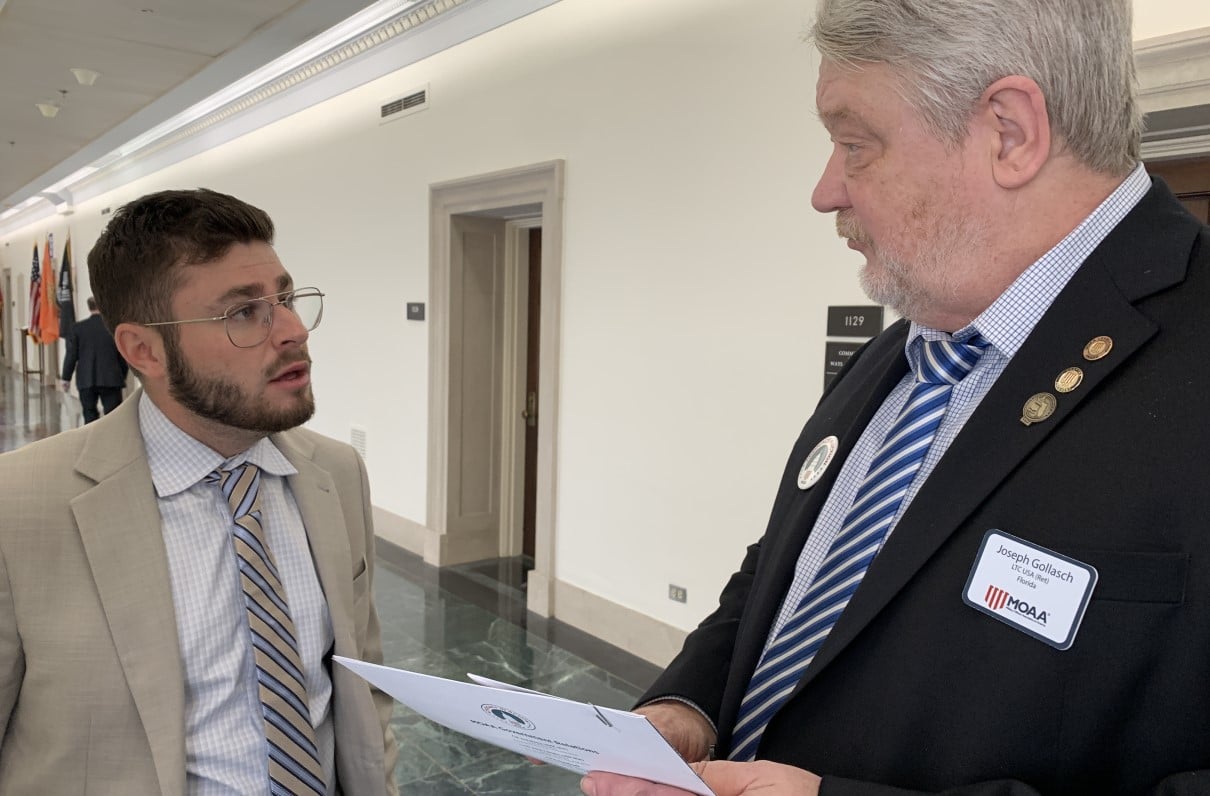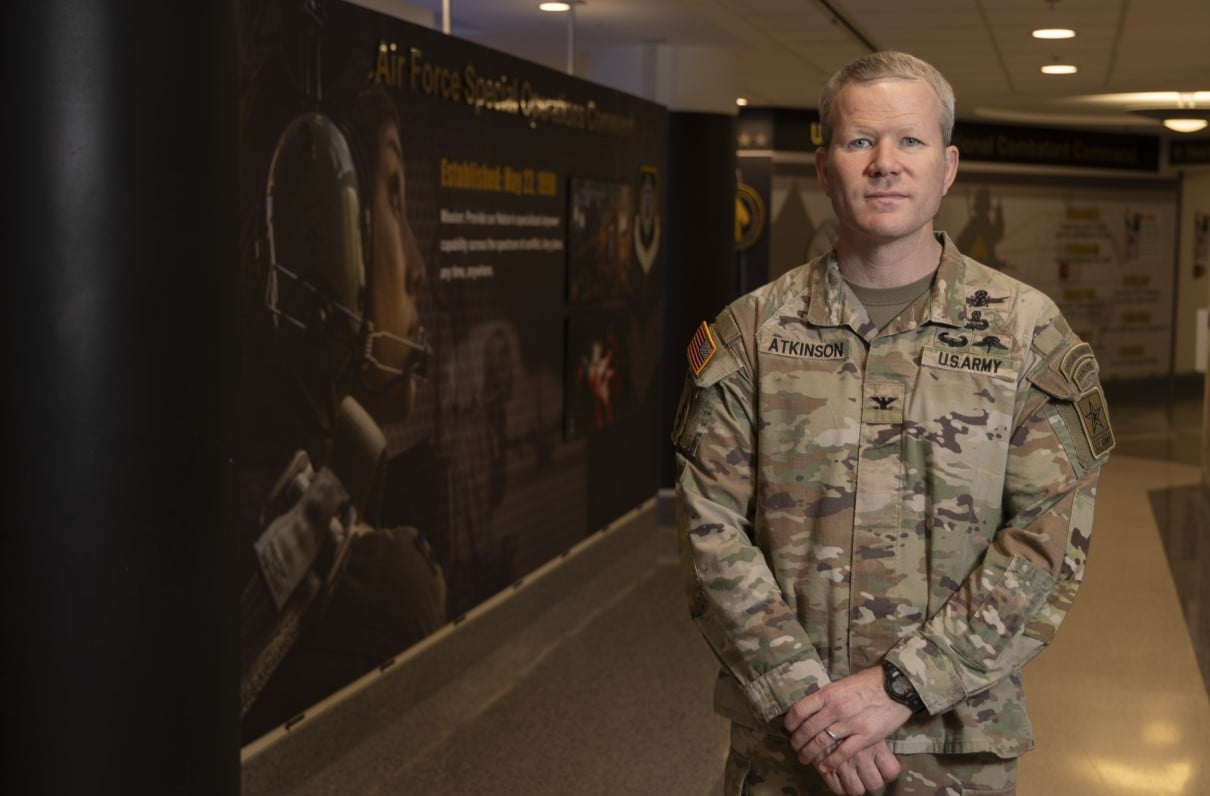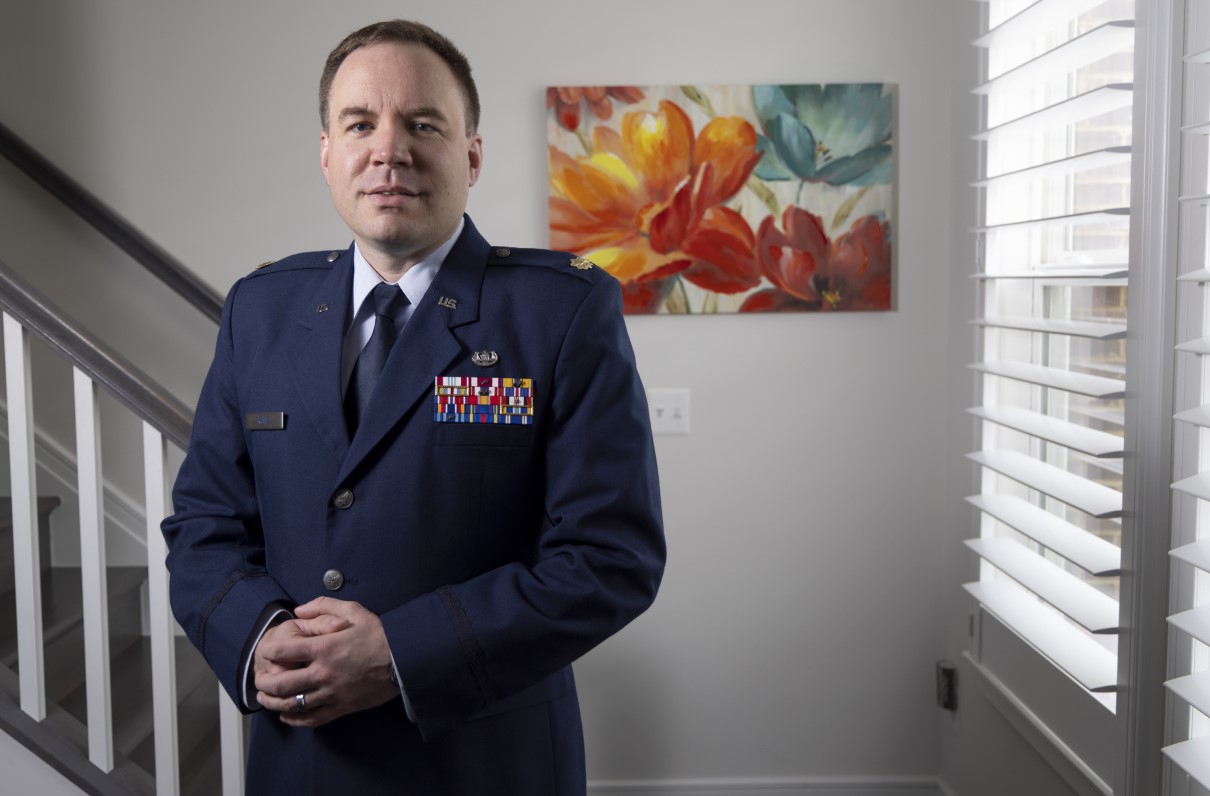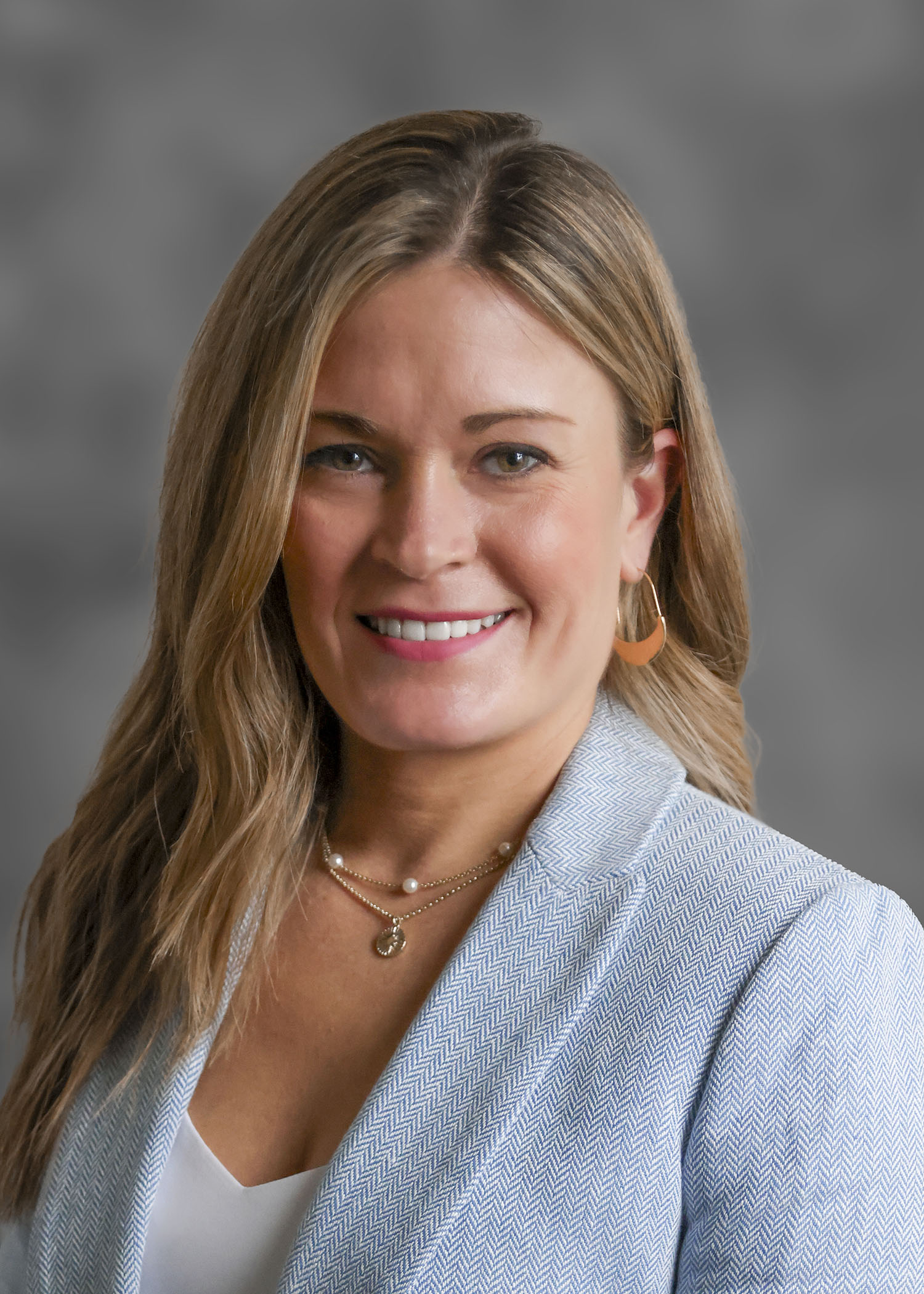Through new programs, a growing membership, and a continued focus on always being patient advocates, MOAA’s Uniformed Services Nurse Advocates Virtual Chapter (MUSNAVC) is providing opportunities for its more than 500 nurse-members to give back in meaningful ways.
Two new advocacy-related programs allow members to better track and take action on issues affecting the health care community, MUSNAVC President Lt. Col. Joe Gollasch, USA (Ret), said in an interview with MOAA prior to National Nurses Week:
- The Healthcare Issue Liaison Team collects reports to identify trends or issues that might impact the overall health care of uniformed service beneficiaries. “If issues are brought up, a group of nurse leaders in the chapter then evaluate them, and if deemed worthy of interest, we notify national MOAA,” Gollasch said. “This can include issues at military treatment facilities, in the TRICARE system, or in the economy. We’re essentially an early warning system to identify potential problems across the country.”
- The chapter’s Legislation Early Push program is an adjunct to national MOAA’s Legislative Action Center, focusing on health care-related legislation that has not yet gained national attention. “These are health care issues we feel are important and deserve attention and advocacy from our members in addition to national MOAA campaigns,” Gollasch said. “We put background on the topics, including research and articles, on our website, and we write pre-formatted emails to send to legislators.”
The diverse careers, expertise, and geographic reach of MUSNAVC’s members all contribute to the group’s success, Gollasch said. The chapter has grown to 511 members since its 2016 founding, with members in all 50 states and 214 congressional districts.
In addition to participating in advocacy efforts, MUSNAVC members meet virtually on the third Wednesday of each month and hear from guest speakers on military health care topics. They also share information, including through the chapter’s e-newsletter.
MUSNAVC members, representing their geographic MOAA chapters, also traveled to Washington, D.C., for the association’s Advocacy in Action campaign in April, discussing key legislative priorities with lawmakers and their staffs on Capitol Hill.
“We want to offer opportunities to stimulate interest and to show we care for our members and the community,” Gollasch said.
One way MUSNAVC members do that is through the chapter’s We Care Program, where members check in on one another when disaster strikes.
“During a recent tornado outbreak, our team called members who live in that area to check in on them and let them know we care,” Gollasch said. “We also did this during wildfires in California and hurricanes in Florida.”
[RELATED: 42 MOAA Affiliates Receive Grants From The MOAA Foundation]
The chapter’s goal remains “to be the advocates we committed ourselves to being,” Gollasch added.
“We were patient advocates, and we need and want to continue that advocacy. Nurses often are thanked for their service, but many of us turn around and say, ‘Thank you for letting us serve you.’ It’s an honor to serve as a nurse in the uniformed services.”
Want to Help Servicemembers in Your Community?
Learn how you can make a difference with your local chapter.



